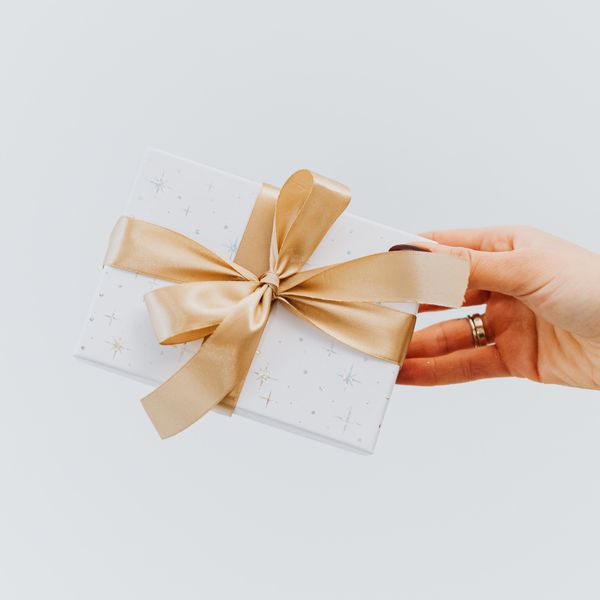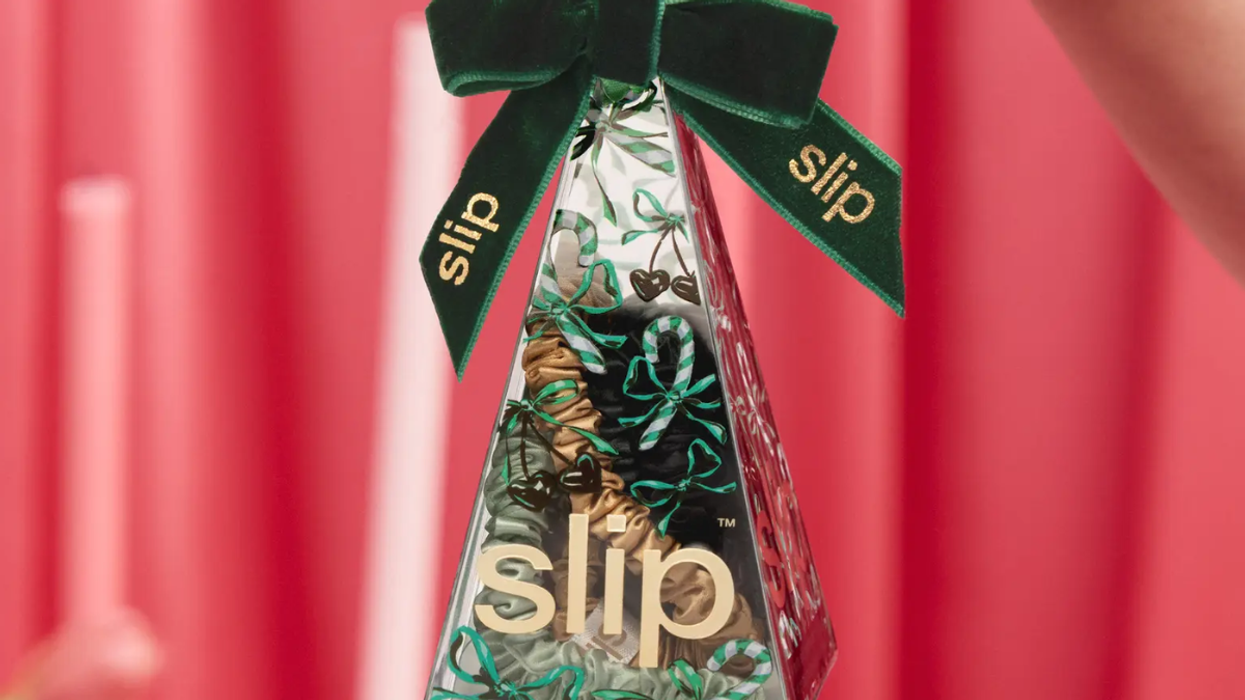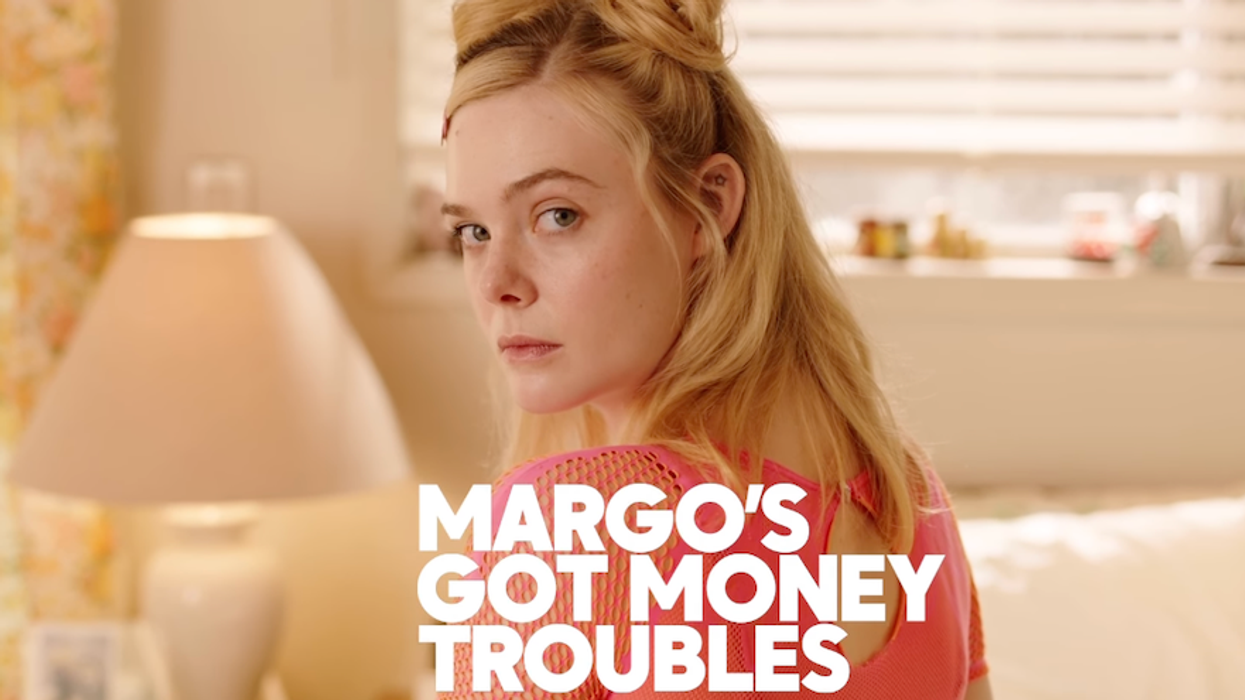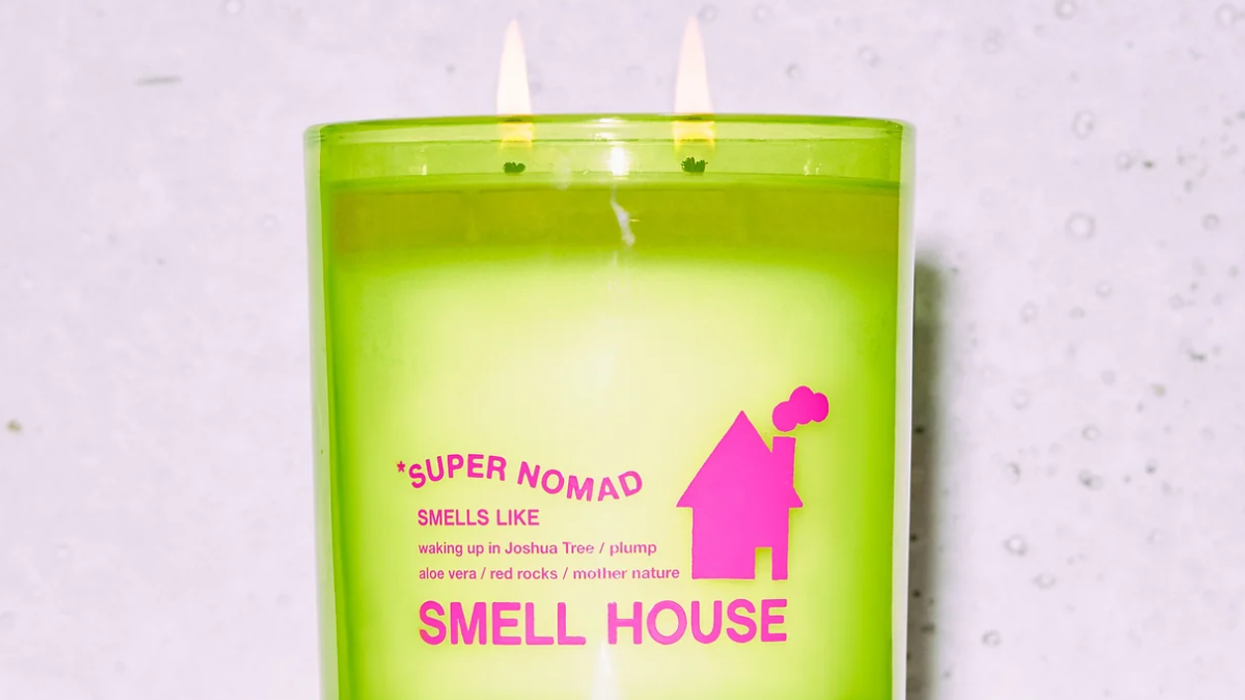Start with the most basic parts of your daily routine.
8 Everyday Ways to Help Reduce Your Plastic Waste
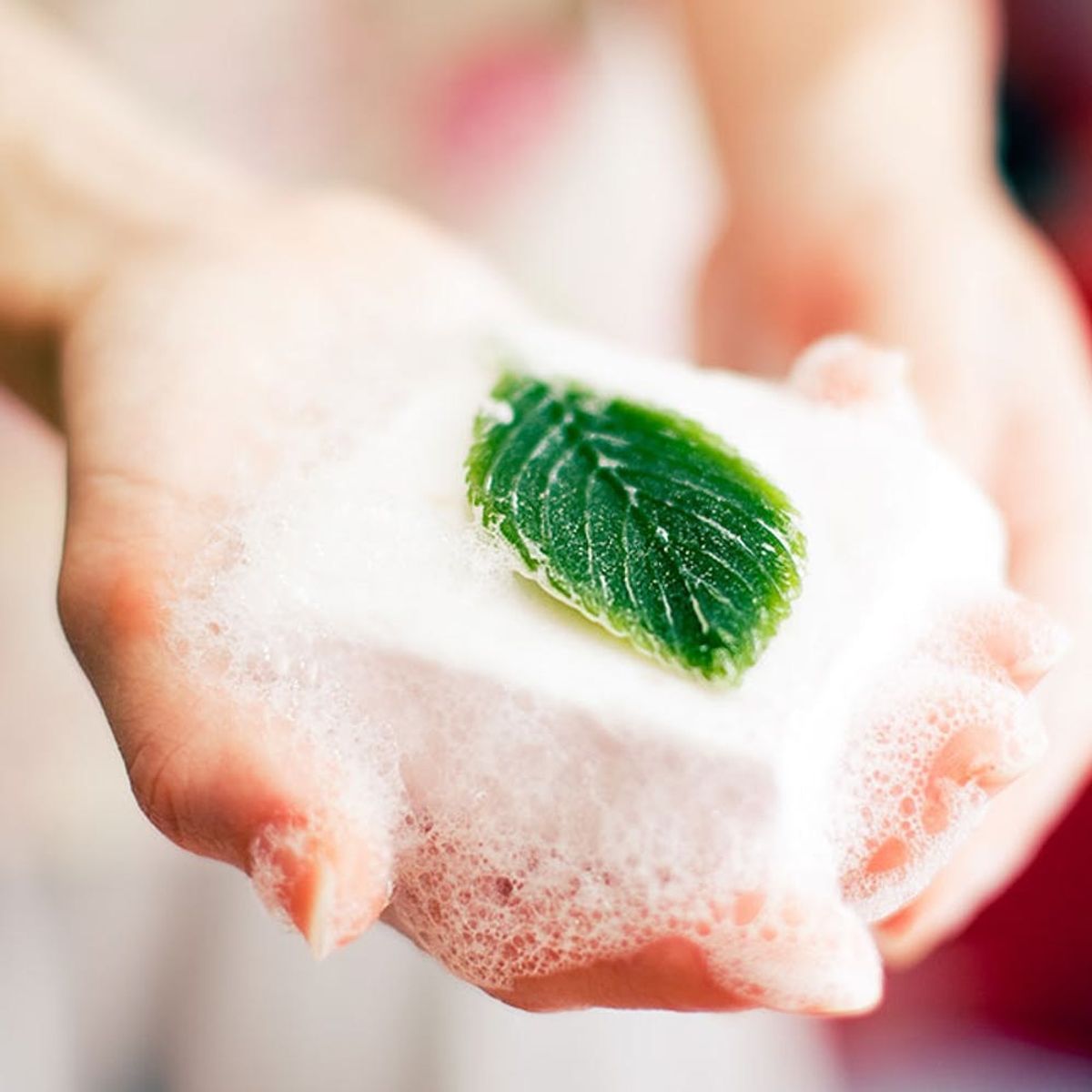
If you’re anything like us, you’re often wondering what you can do to better serve the environment, but struggle to figure out where and how to start. Recently, there’s been a lot of conversation around plastic drinking straws and transitioning to stainless steel and other eco-friendly alternatives that won’t pile up in landfills or endanger aquatic wildlife. Changing the way that we consume beverages, however, is only the beginning. While plastic straws are certainly a big problem, they represent only a small part of our overall plastic consumption, so there’s a lot more we can do beyond reusable straws and water bottles.
Plastic Free July is a movement that started in Western Australia in 2011 and has since grown to millions of participants in more than 150 countries. “By encouraging people to be more aware of their plastic use, we can create a cleaner world for generations to come,” Plastic Free July’s website says of their vision. Challenging yourself to become more aware of your own plastic consumption by participating in Plastic Free July might be just what you need to do your part for our beautiful planet.
We turned to eco-friendly paper products brand Who Gives A Crap (WGAC) for a few suggestions that will help you get started if you want to cut back on plastic for the rest of the month… and beyond. Who says that making a difference can’t begin with your most basic hygiene rituals?
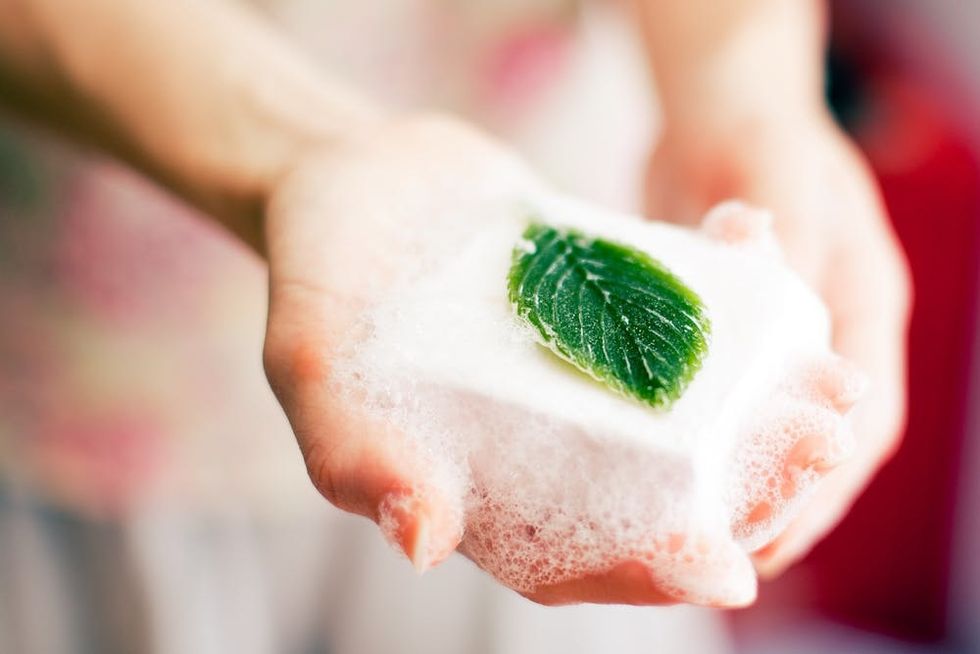
1. Switch to a metal razor. Here’s an easy place to start: Ditch your plastic razor and invest in a stainless steel safety razor alternative. A metal razor should last you longer than plastic, and it can be recycled when you’re finished using it.
2. Make your own deodorant. Most mainstream store-bought deodorants are major culprits as far as plastic packaging is concerned. If you’re feeling especially ambitious, you can DIY your deodorant at home with natural products like coconut oil, baking soda, shea butter, and essential oils, according to blogger Wellness Mama. Then again, if you’re not quite ready to go DIY on this one (especially in the heat of the summer!), WGAC gives you the green light to consider a slightly less drastic transition to a natural deodorant that’s ready to buy. Many of the natural deodorants on the market use fewer aerosols, chemicals, and — of course — plastic than their conventional counterparts, so you can feel good about buying them. This natural deodorant from Taylor’s ($9) comes in a glass jar, so there’s no plastic to speak of!
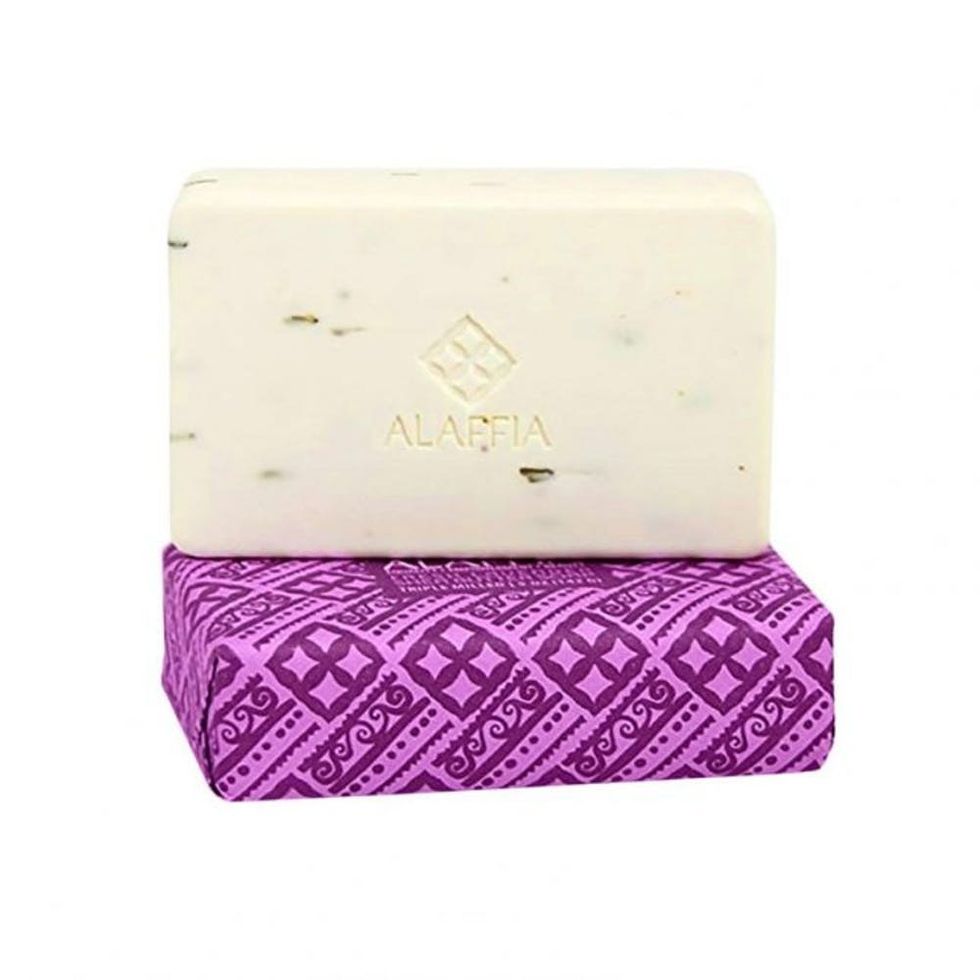
3. Change your soap. Body wash may be a more common purchase than bar soap, but the latter has one very important leg up on the former — it doesn’t come in a huge plastic container. Stick to a brand of bar soap that’s packaged in a recyclable cardboard box or paper wrapping, like this shea butter soap from Alaffia ($8). You may even find that you like it better than body wash, since it lathers really well and can multitask as a shaving cream and shampoo.
4. Brush with bamboo. Swap out your plastic hairbrush for a bamboo alternative, like this one from Bamboo Wonder ($13). Per WGAC, bamboo is a renewable material, so you can feel good about recycling it when it’s time to get a new brush.
5. DIY your mouthwash. As you already know if you buy mouthwash on a regular basis, it’s sold almost exclusively in huge plastic containers. For another simple, plastic-free swap, you can make your own mouthwash and store it in a glass jar. DIY Natural‘s mouthwash recipe calls for distilled water, baking soda, and essential oil. That’s it!
6. Kick your shower “pouf” to the curb. According to Our Everyday Life, a bath or shower “pouf” — which you may call a loofah, though a loofah is technically something different — is “made out of netted synthetic materials, such as plastic, that are gathered into looped sections of mesh.” Clearly, said pouf isn’t going to fit into your plastic-free lifestyle, so WGAC recommends that you switch to a washcloth, which can be washed once a week, for all of your bath and shower needs.
7. Switch out your paper products. Toilet paper, tissues, and paper towels are inevitable purchases, but there are brands out there that don’t wrap their products in plastic, starting with our friends at WGAC. Their products are made with environmentally friendly materials (100 percent bamboo or 100 percent recycled paper) and aren’t wrapped in plastic, so it’s a win-win.
8. Create your own face masks. Face masks seem to be all the rage these days (self-care is never a bad idea), and we are totally here for it. That being said, most masks are packaged in or with plastic… and how can you relax knowing that you’ve contributed to the plastic problem with the purchase of the very product that’s supposed to help you feel relaxed? Get the good-for-your-skin benefits of a mask without the plastic waste by mixing up a homemade mask instead (preferably one that calls for ingredients you already have around the house so you’re not purchasing even more containers).
Which one of these tips do you think looks the easiest to adopt in your own life? Tweet us @BritandCo.
Brit + Co may at times use affiliate links to promote products sold by others, but always offers genuine editorial recommendations.
(Photo via Getty)


